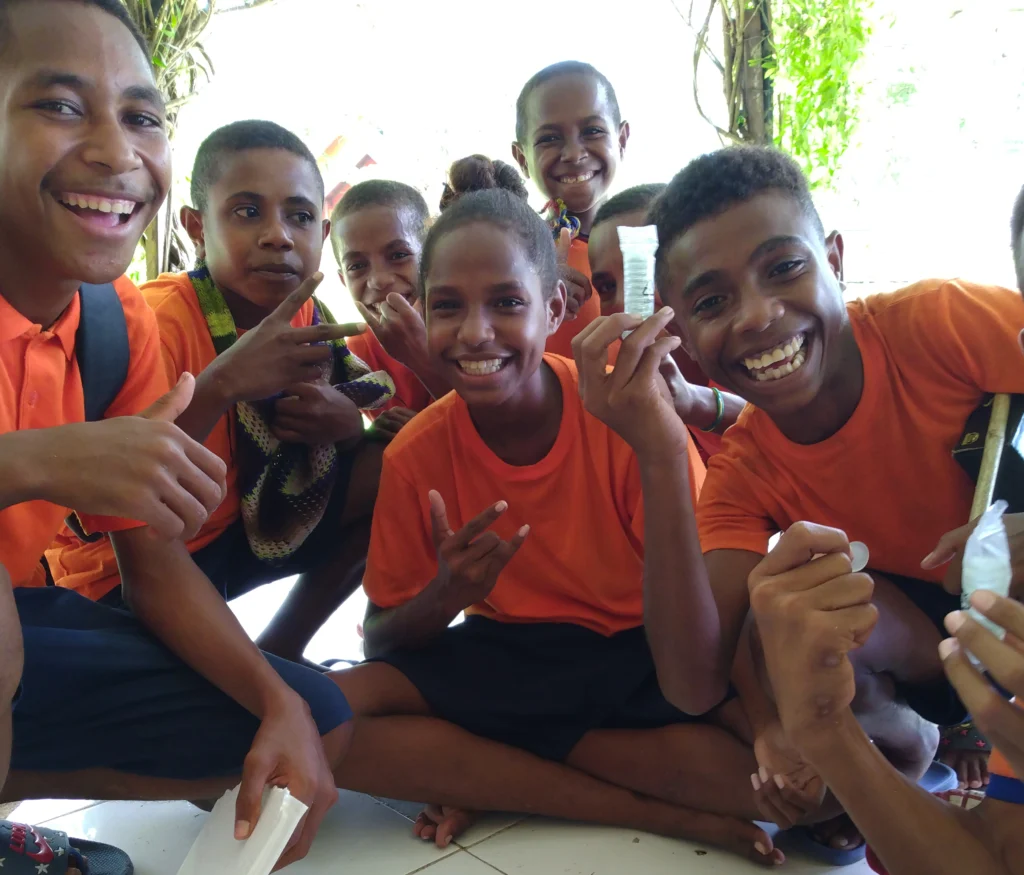Humanistic School
By developing the human capacities of the intelligence and will; to read, speak, think, write, we are made free to be able to know, love and live joyfully in the Truth”
What is a Humanistic School
The great thinkers and philosophers of ancient times sought out, discussed and disciplined their minds and bodies in order to attain the truth about themselves, the created world and its Creator. They sought the truth ardently through observation, wonder and the development of their reason through discussion and rhetoric. A culture developed that pursued Truth, Goodness and Beauty for itself. This pursuit led to great effects: societies that were able to govern themselves justly, architecture that showed order and beauty, people willing to live moral and upright lives and even willing to die for it. This laid a foundation for the greatest moment in human history since the creation of the world: The Incarnation of Christ, in which He revealed Himself to man by entering into our history. “The wisdom of the ancients heralded the dawn of the Gospel, so that Christ the teacher of grace and truth, the light and guide of the human race” could fulfill what was sought out. “Thus the inauguration of Christianity did not obliterate man’s past achievements. Nothing was lost that was in any way true, just, noble and beautiful.”[1]
[1] Veterum sapientiae
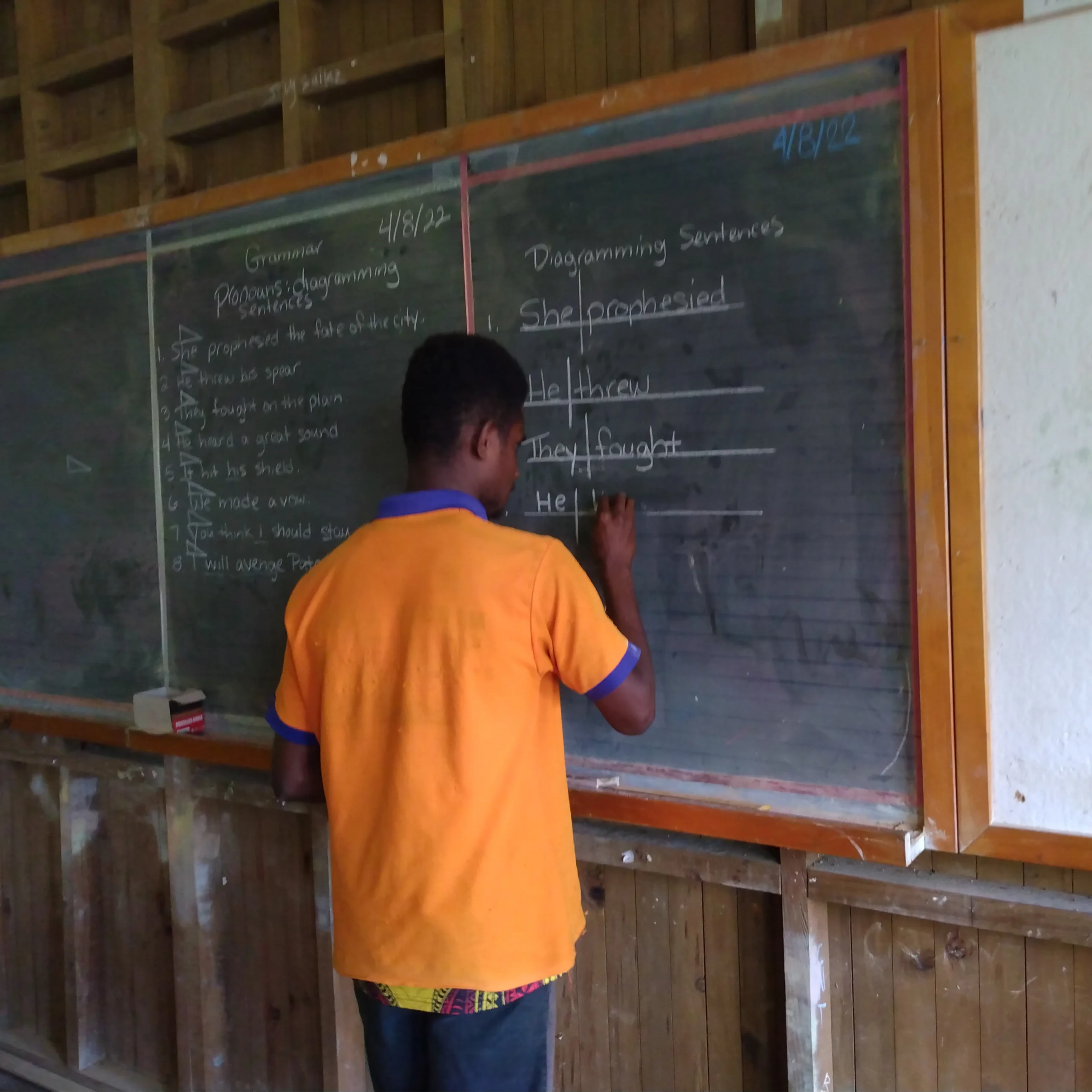
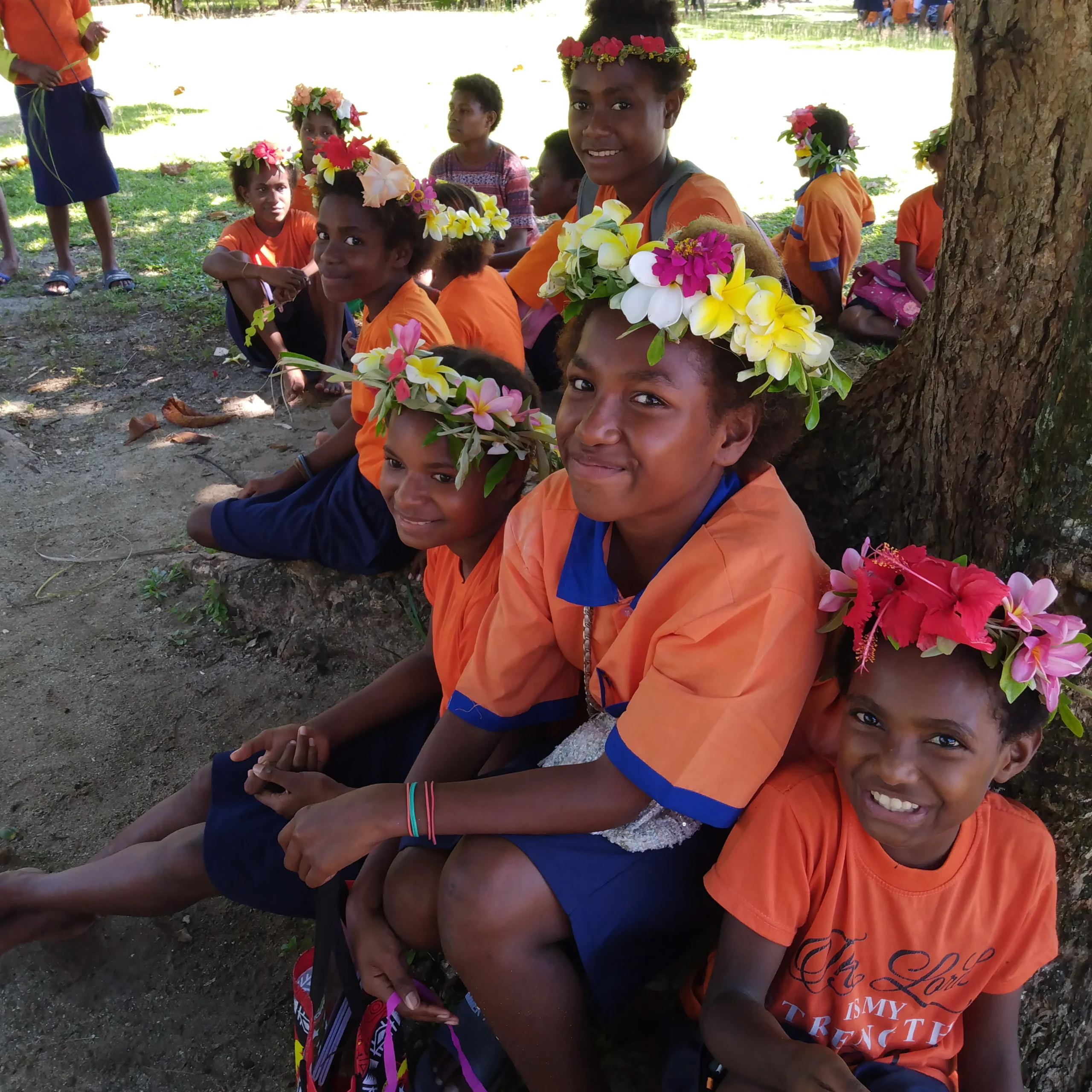
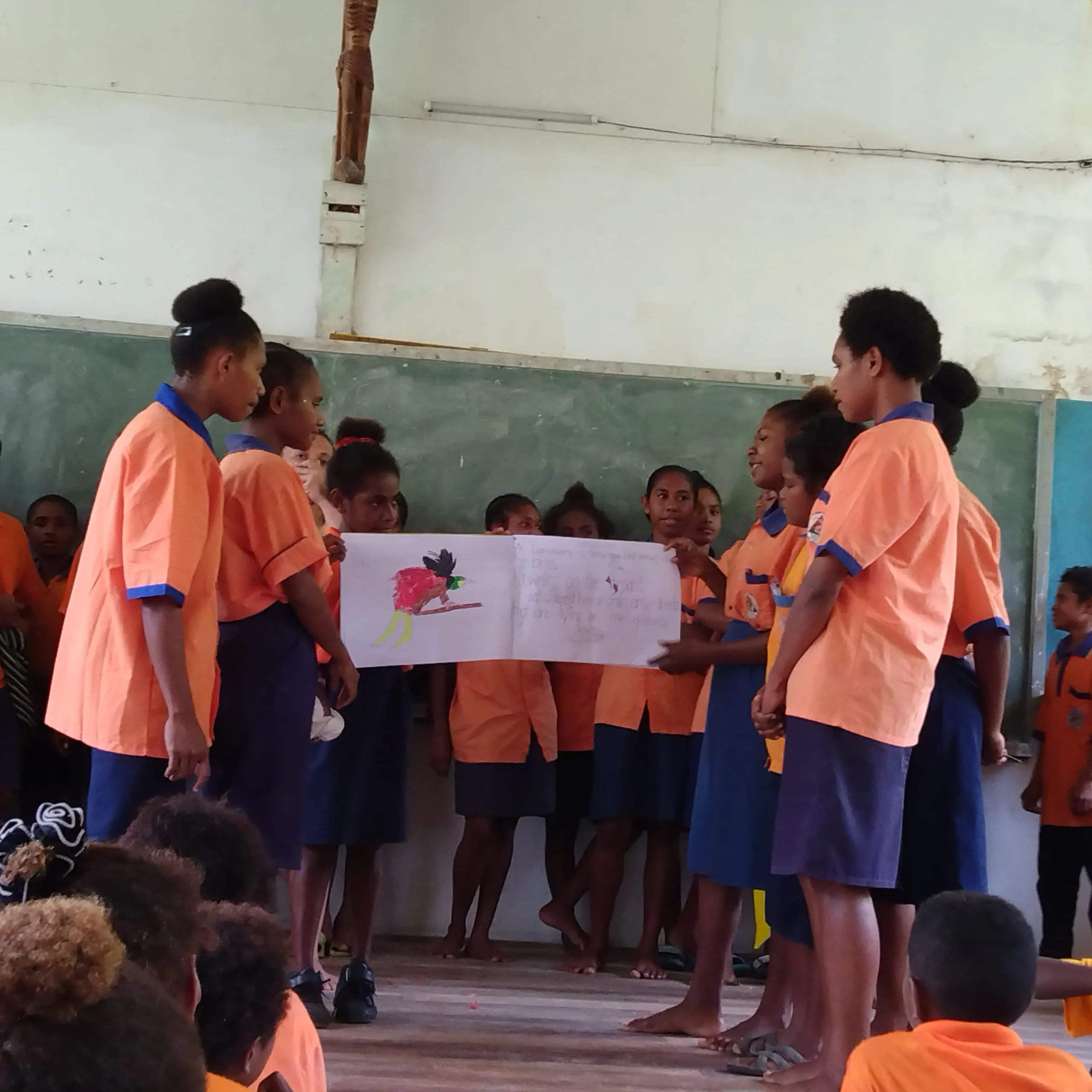
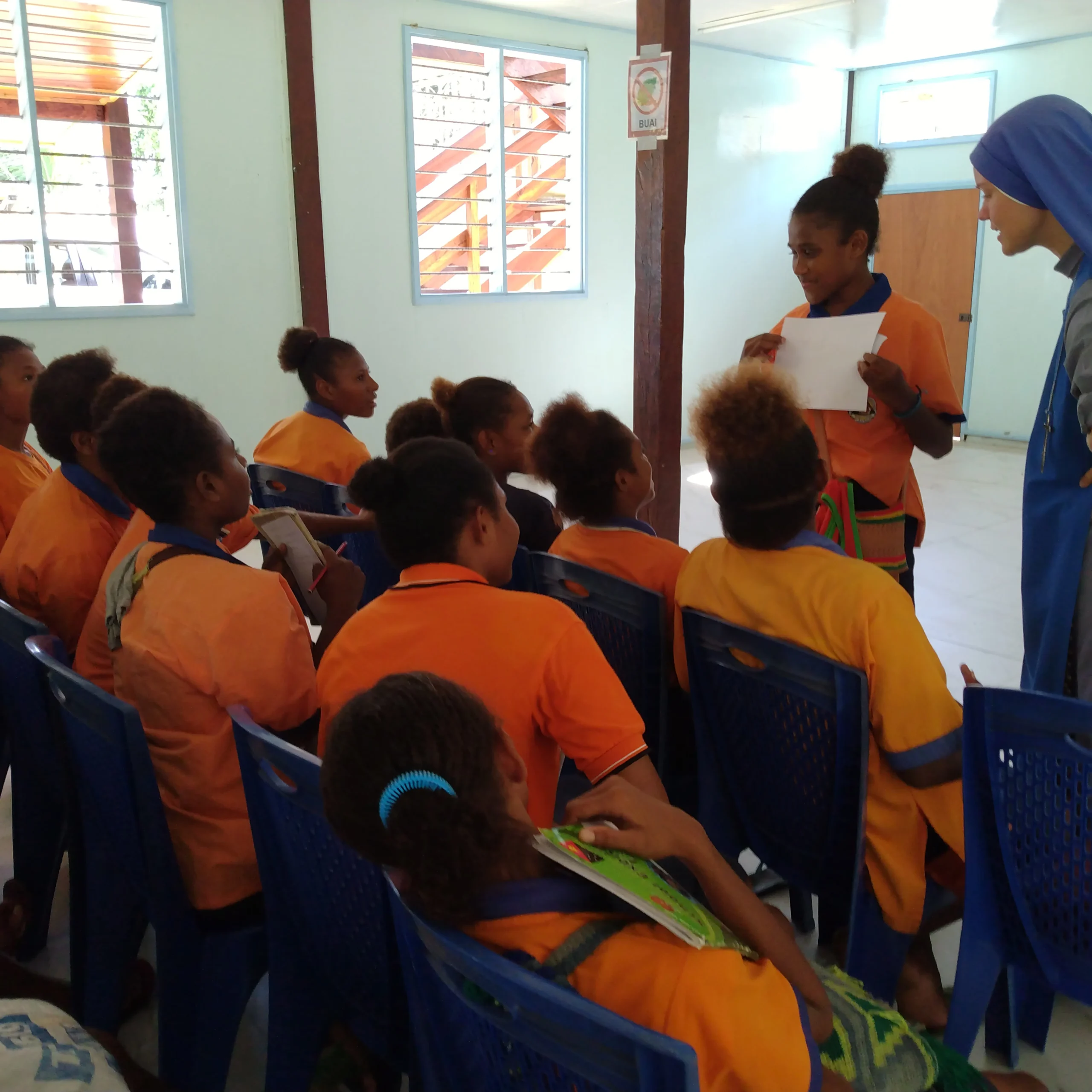
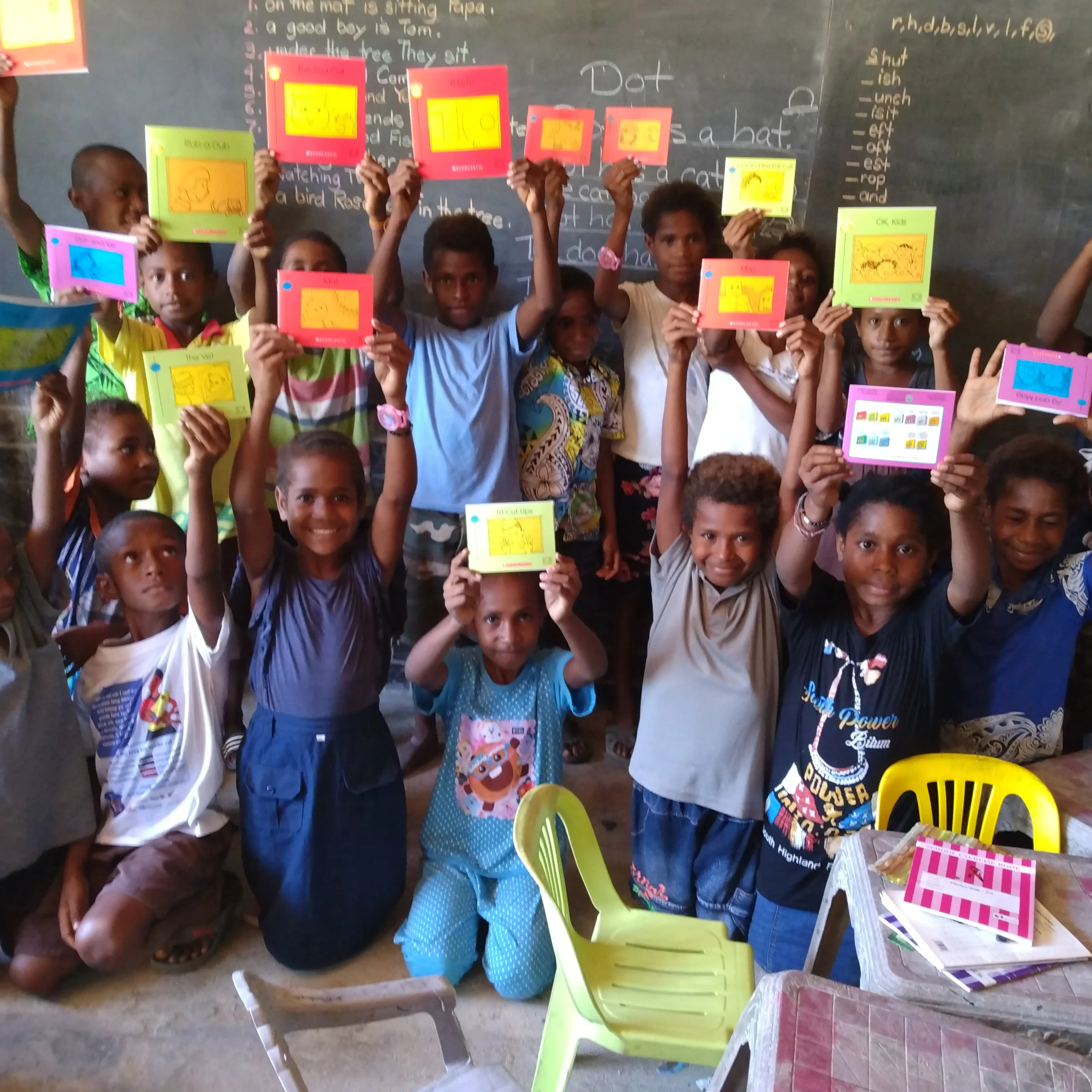
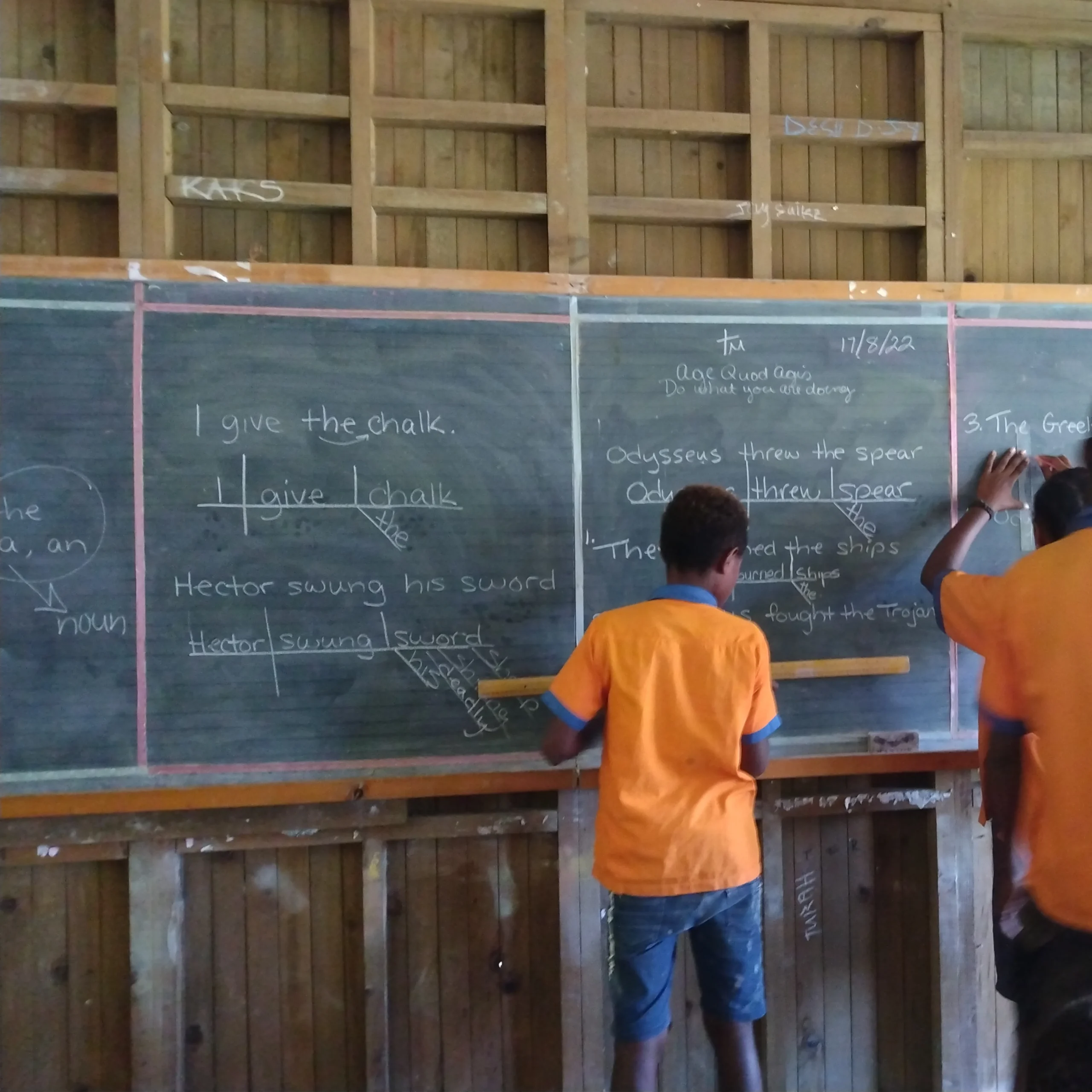
However, in modern times educational institutions have begun to replace this true education that sought to educate man for himself. A cheaper, more utilitarian system has developed and taken over institutions all over the world that provide simply a vocational education, which prepares students for a technical skill or job and thinks little in educating man simply as man.
But there are still institutions that hold on to all that is True, Good and Beautiful and now after the coming of Christ, are able to attain what the ancients sought and more. A Catholic Humanistic Education works to raise students who have eyes to see and ears to hear the presence of the Creator in the truth, goodness and beauty in the world around them, and to recognize their Redeemer. In a Catholic Humanistic school, “Christ is the center and fulcrum of the entire enterprise, the light enlightening every pupil who comes into our school. By developing the human capacities of the intelligence and will; to read, speak, think, write, we are made free to be able to know, love and live joyfully in the Truth”.[1] We seek to develop all of our human capacities of mind and heart, intellect, will, morality and virtue, at the service of Christ, so that we are able to follow Him. With a Catholic humanistic curriculum, students will learn to conform their lives to the Truth as human beings created in the image and likeness of God and redeemed by Christ who became man in order to make us children of God.
[1] Institute for Catholic Liberal Arts Education
Papua New Guinean Humanism
If Christ is the center and hinge of the humanistic formation, then the Papua New Guinean culture and identity is the handle that opens the door. A human person cannot achieve the greatest version and knowledge of self without acknowledging the One who created him, nor can he fully embrace his identity unless he grips his own culture from which he was born. Culture sits deeply in the heart of each human person and so it must be integrated into any humanistic formation; that is why we will hold on to all that is true, good and beautiful within the Papua New Guinean culture. We will not seek to compare ourselves with other countries, or try to fit ourselves to the ways of others, but rather we will bring out the strengths in each person which come from their surroundings, their traditions, their reality. Once again, we seek each individual person, not to prove ourselves to anyone, or to gain money or power, we seek only to give back to God from what He has given to us, in this place and this time, in this culture where He has us.
